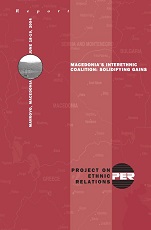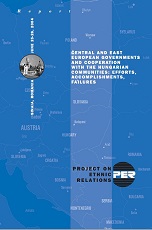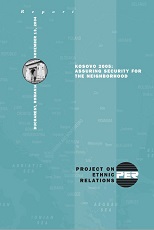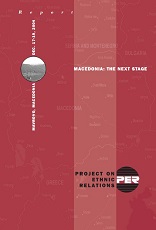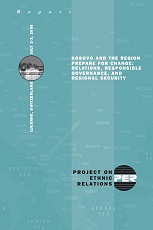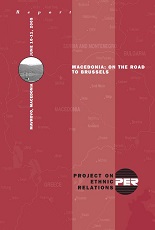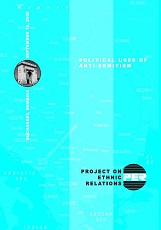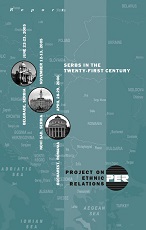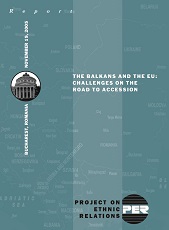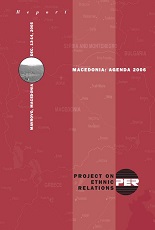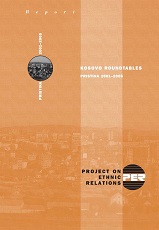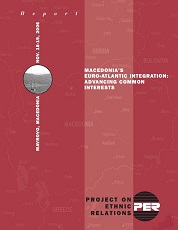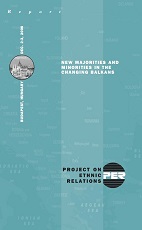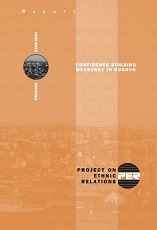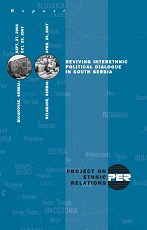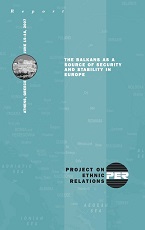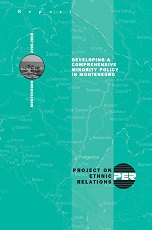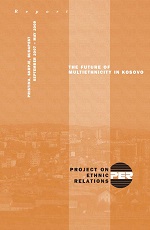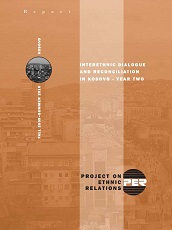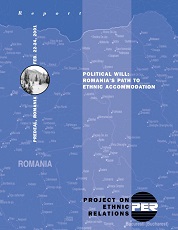
Political Will: Romania's Path to Ethnic Accomodation
Political Will: Romania's Path to Ethnic Accomodation
Keywords: Romanians and Hungarians in Romania; Transylvania;
This is a report of a discussion that would have been all but impossible to imagine ten years ago: Romanian and Hungarian political leaders from Romania sitting down to review and analyze their successful cooperation in building that country’s program for ethnic accord—and to consider what must be done to preserve that achievement. When the Project on Ethnic Relations began its work in Romania in 1991, it took almost a year to persuade Romanian officials and leaders of the ethnic Hungarian community just to gather around the same table, so deep was the mistrust. But once they did, it marked the beginning of a lengthy, and continuing, political process that makes Romania a uniquely successful example of what can be accomplished. The path was not, and is not, easy. It involved hard, often bitter, debates between Romanians and Hungarians, intensive political bargaining and tradeoffs, and many setbacks and disappointments. And yet a group of key leaders, although deeply loyal to their own communities, saw that compromises were necessary. They were willing to take political risks to realize their vision of interethnic harmony. Any interethnic accommodation is inherently fragile. It is easily upset by political opportunism, economic difficulties, or outside influences. So Romania’s accomplishments are neither complete nor permanent. The debate over interethnic arrangements will go on indefinitely—as it should in any democracy.
More...
